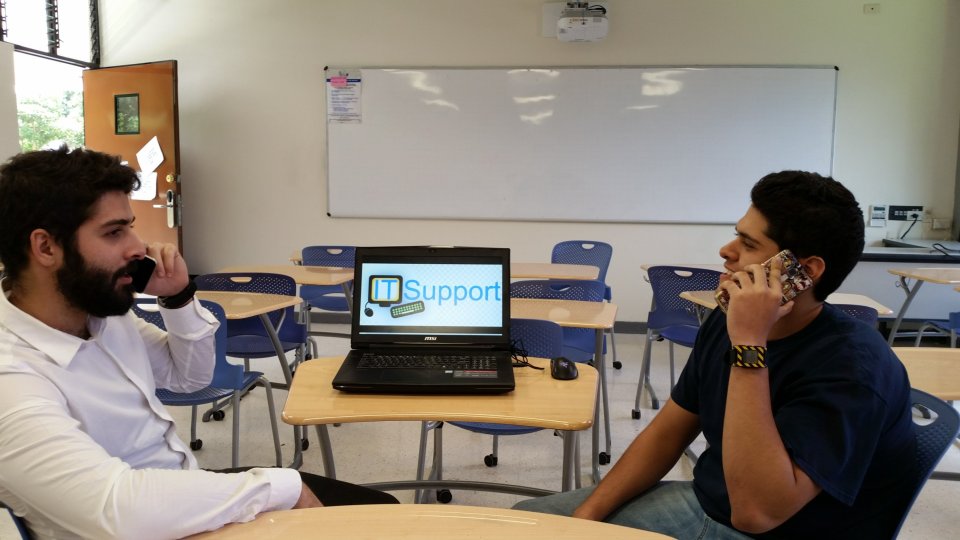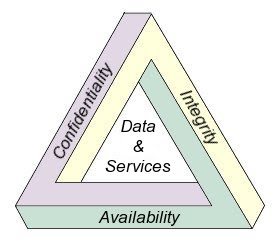--Originally published at Computer and Information Security
Oh, hey reader! You are again here, it’s pretty cool that I keep getting your attention. This time I’m going to talk about the code of ethics in computing. Around the web there are a lot of documents, information and infographics that try to show what are those codes of ethics in computing, but if you really want to know about computing stuff, you should always go to the official ACM (Association for Computing Machinery) web page, since this is the official organization that represents the computing community (Click here to get into the ACM web page).
As you know, all the present and future professions require a couple of rules of behaviour, like all humans do in society, in order to have a peaceful life and community, where we all look for each other like the good human beings we are. This means that by law we have to act with ethics and moral. In this case I’m going to show you the basic rules or behaviour, we, computing scientists or developers are forced to obey and accomplish, in order to have a good computer community:
1. PUBLIC – Software engineers shall act consistently with the public interest.
- 1.01. Accept full responsibility for their own work.
- 1.02. Moderate the interests of the software engineer, the employer, the client and the users with the public good.
- 1.08. Be encouraged to volunteer professional skills to good causes and contribute to public education concerning the discipline.
 2. CLIENT AND EMPLOYER – Software engineers shall act in a manner that is in the best interests of their client and employer consistent with the public interest.
2. CLIENT AND EMPLOYER – Software engineers shall act in a manner that is in the best interests of their client and employer consistent with the public interest.
- 2.01. Provide service in their areas of competence, being honest and forthright about any limitations of their experience and education.
- 2.02.






 Continue reading "Computing Ethics"
Continue reading "Computing Ethics"











